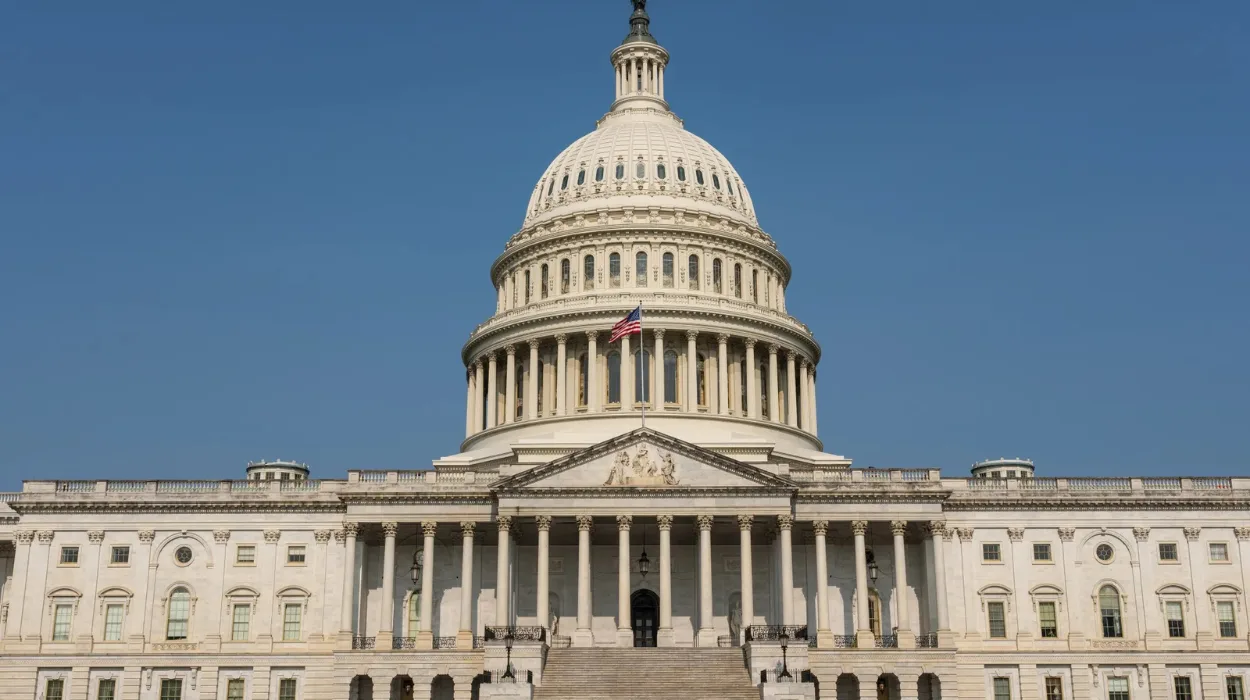To further their goals in Washington, cryptocurrency companies—particularly Coinbase and Tether—are increasingly focusing on Democrats. Even if political power changes again, they want to ensure regulations that benefit the sector.
How is Coinbase strengthening ties with Democratic advisors?
A Bloomberg story claims that David Plouffe, a former adviser to Barack Obama and Kamala Harris, has joined Coinbase’s advisory board. The stablecoin company Tether engaged a lobbying firm connected to former employees of Joe Biden.
Giants in the cryptocurrency space are aware that Democrats could soon take back control of the White House or Congress. The business runs the danger of losing its long-term clout if it exclusively supports Republicans. Experts like Austin Campbell of NYU and WSPN USA have issued that warning.
Michael Reed, a longtime assistant to Democratic leadership in the House, was recently recruited by prominent cryptocurrency investor Andreessen Horowitz. Deeper planning is indicated by the move. Although the company backed Trump’s 2024 campaign, it now believes that fostering relationships with Democrats is worthwhile.
What role could the GENIUS Act play in crypto?
According to reports, this new tactic paid well. The GENIUS Act, a significant crypto measure, was advanced by the Senate. Sixteen Democrats backed it, and the vote was 68 to 30. Paul Grewal, the chief legal officer of Coinbase, pointed out that this development, which was unthinkable a year ago, represents a major advancement in the cryptocurrency industry.
Today’s Senate vote on the GENIUS Act is expected to pass with high probability, paving the way for the bill to move on to the House. In order to create a stablecoin regulatory framework in the US, this vote is an essential first step.
Nonetheless, some Democrats wish to prevent Donald Trump from making money from his cryptocurrency endeavors. Their attempts to change the law were unsuccessful. The CLARITY Act, a more comprehensive crypto bill, is also being worked on but is experiencing delays.
More hearings are scheduled for July, according to Republicans like Tim Scott. However, Senate action might not occur until autumn. Others, meantime, want the House to expedite the process by combining both pieces of legislation. But time is not on the side of cryptocurrency. Unrelated modifications are more likely to occur the longer you wait.
The stablecoin measure was defeated by Democrats earlier this year. The fact that Trump was involved with cryptocurrency infuriated them. Jeff Merkley and Elizabeth Warren were among the senators who vigorously opposed him.
There were Republicans who set their own requirements. Josh Hawley favored restricting the use of stablecoins by IT companies. Rand Paul demanded that the Federal Reserve be audited. Both concepts were unsuccessful. Additionally, Coinbase has advocated for interest-bearing stablecoin accounts. Lawmakers, however, have not reached a consensus. The larger cryptocurrency community is still concerned that only one piece of legislation will pass into law.





